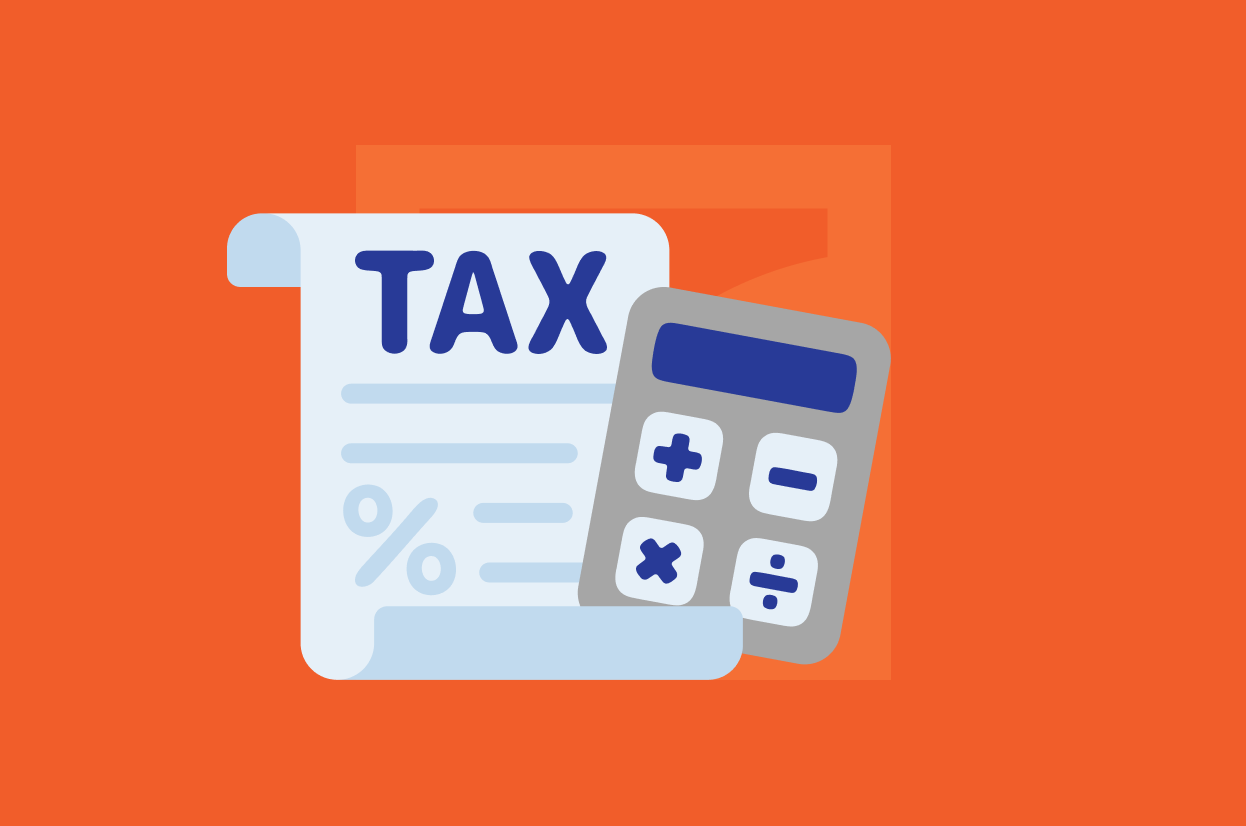Investing in unlisted companies provides unique opportunities that are often not available with listed stocks. These investments can yield significant returns, but it’s essential to navigate their taxation implications effectively to maximise profits and ensure compliance with tax regulations.
Capital Gains Tax on Unlisted Shares
When you invest in unlisted shares, understanding how capital gains taxes apply is crucial. Capital gains are categorised into long-term and short-term gains based on the holding period of the shares.
Long-Term Capital Gains (LTCG) Tax
Unlisted shares held for more than 24 months are considered as long term in nature and gains are taxed at 12.5% (no indexation available).
Securities Transaction Tax or STT are not applicable to transactions involving unlisted shares. It is only levied on transactions that are executed on recognized stock exchanges in India.
If you sell the shares once they are listed through an exchange, then STT will be applicable. Shares held over 1 year would be classified as long term and would be taxed at 12.5% without indexation.
Short-Term Capital Gains (STCG) Tax
Holding unlisted shares for up to 24 months results in short-term capital gains. STCG is taxed according to the investor’s applicable income tax slab for the year in which the gains are realised. These gains are added to the investor’s total taxable income and taxed accordingly.
An important point to note about unlisted shares taxation is that there is no Securities Transaction Tax (STT) on these stocks.
For computing the gains, the sale price would be considered as higher of Fair market value and the actual sale price.
Tax on Buyback of Shares
If the company whose unlisted shares you hold decides to buy back its shares, the gains made on the buyback will be taxed as capital gains. The tax treatment will follow the same rules as mentioned above based on the holding period of the shares.
Gift Tax
Transferring unlisted shares as a gift to another person may attract gift tax on any gains made from the transfer. However, there is an exemption for gifts received from close relatives, such as spouses, parents, siblings, etc. The exemption is up to ₹50,000 under Section 56(2)(x) of the Income-tax Act, 1961 (ITA).
Dividend Income
If the unlisted company declares dividends on its shares, the dividend income received by the investor will be taxable at the applicable tax rate.
Transition from Unlisted to Listed Shares
Once a company is listed on a stock exchange, the unlisted or pre-IPO shares get locked for six months. If you had purchased stocks of an unlisted company and sold them on the stock exchange after listing with a total holding period of 1 year and above, you will need to pay the same tax that you pay for listed securities – 12.5% long-term capital gains without indexation.
Set-off and Carried Forward of Losses
Long Term Capital Gain (LTCG) Loss from Shares
- Set-off: Can only be set off against other long-term capital gains (LTCG) income.
- Carried Forward: If there are no other LTCG in that year, the loss can be carried forward for up to eight years.
Short Term Capital Gain (STCG) Loss from Shares
- Set-off: Can be set off against any capital gain income, whether long-term or short-term.
- Carried Forward: If there are no other capital gains in that year, the loss can be carried forward for up to eight years.
In summary, while investing in unlisted shares can be rewarding, understanding the tax implications is crucial. By familiarising yourself with the capital gains tax rules, buyback implications, gift taxes, dividend income, and filing procedures, you can make informed investment decisions and maximise returns on your investments.
It’s important to remember that tax laws and rates can change. Therefore, consulting with a qualified tax advisor or Chartered Accountant is essential to understand the specific tax implications based on your individual circumstances and the most current tax regulations.
Ready to explore more investment opportunities? Discover the best government-backed schemes that can help you grow your wealth. Read our latest blog here.







